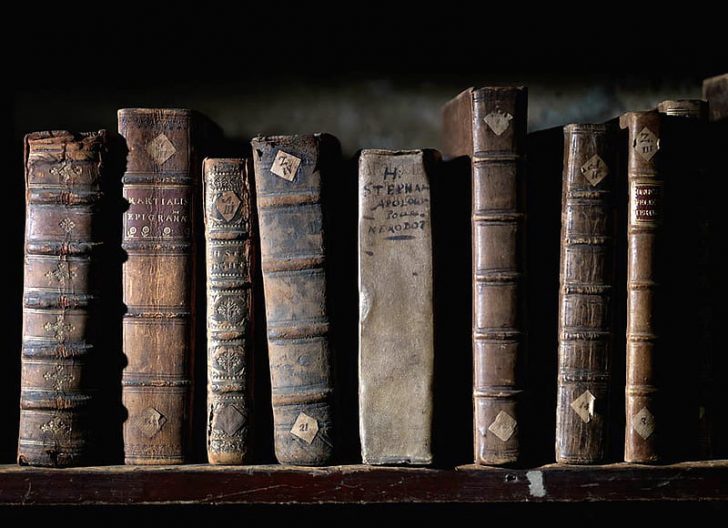There are very few tales in history that capture the imagination as vividly as the legend of the Lost Library of Ivan the Terrible. This library, purported to contain an immense collection of ancient texts, manuscripts, and knowledge, has eluded historians, treasure hunters, and scholars for centuries.
The story of Ivan IV Vasilyevich, the first Tsar of all Russia, and his hidden library is not just a tale of historical intrigue. But a narrative that intertwines adventure, mystery, and the potential for significant economic impact should it ever be found.
The Historical Significance of the Golden Library
Ivan the Terrible - ruling from 1547 to 1584 - was a figure of contrasts. Known for his ruthless policies and the expansion of the Russian Empire, he was also a man of education and deep intellectual curiosity. It is said that he amassed a vast collection of works from the ancient world, including Greek and Roman texts, Byzantine literature, and the wisdom of the Eastern Orthodox Church.

The Talks / This collection, often referred to as the Lost Library of Ivan the Terrible, is believed to contain lost works, original manuscripts, and documents that could redefine our understanding of history and culture.
However, the library's historical significance lies not just in its contents. But in its representation of the Renaissance spirit in Russia. It showcases the country's connection to global intellectual movements.
It represents a bridge between the medieval world and modernity. Thus, containing potentially groundbreaking insights into the philosophical, scientific, and cultural developments of the past.
The Adventure of the Search
The search for the Lost Library is a saga filled with adventure, more like the quests for El Dorado or the Holy Grail. Over the centuries, numerous expeditions have been launched, theories proposed, and excavations undertaken, from the secret passages of the Kremlin to ancient monasteries across Russia.

GTN / The discovery of a potential treasure trove of knowledge like the Golden Library has captivated the minds of explorers, historians, and adventurers for centuries.
These quests have often been based on cryptic clues, ancient maps, and the writings of contemporaries of Ivan the Terrible. Each expedition brought its own challenges: From political obstacles and the harsh Russian landscape to deciphering misleading historical records. Yet, the library remains elusive. A testament to the enduring mystery and appeal of ancient lost treasures.
Potential Economic Impact of Discovery
The potential discovery of the Lost Library of Ivan the Terrible would have profound economic implications. Initially, the direct impact would manifest through tourism, as people from around the globe would flock to witness the historic find.

Marca / The Golden Library's discovery could potentially stimulate economic growth through increased investment in research and development, as scholars and institutions vie to study and interpret its contents.
Plus, the intellectual property contained within the library's texts could have far-reaching effects on various academic fields. Thus, potentially leading to new technologies, medical advances, and historical insights that could transform industries. The publishing rights alone for authentic, previously unseen manuscripts would be highly sought after. Thus, generating significant revenue for the discoverers and the Russian state.
So, in today’s modern era, the discovery of such a library would not only be a monumental historical event but a catalyst for economic transformation. It would serve as a reminder of the value of preserving cultural heritage, not just for its historical significance but for its potential to inspire future generations and contribute to economic development.
show more






















